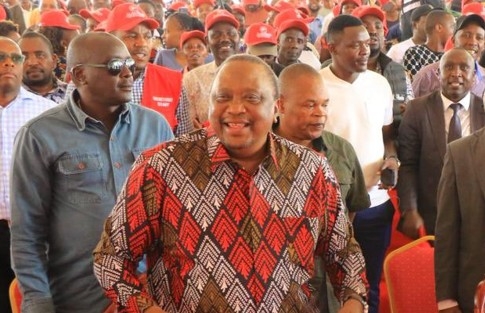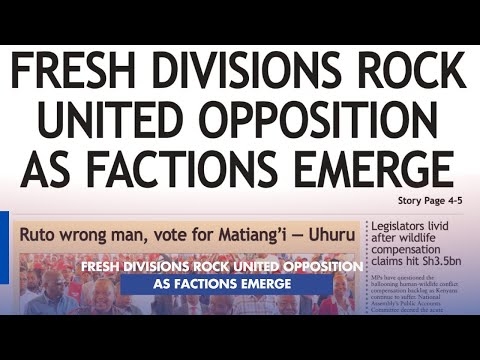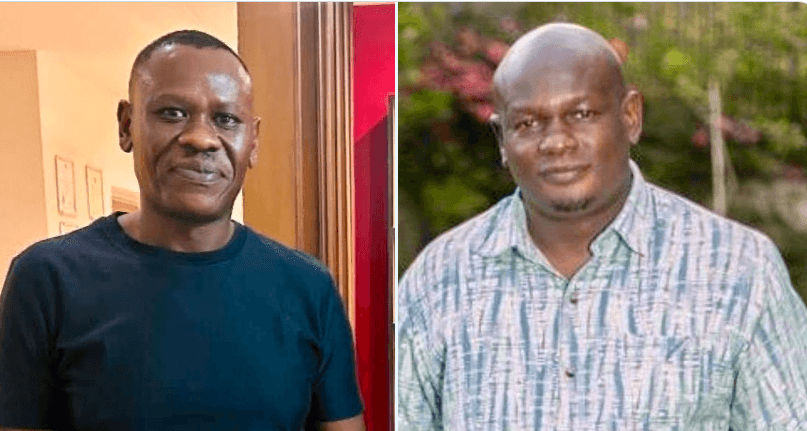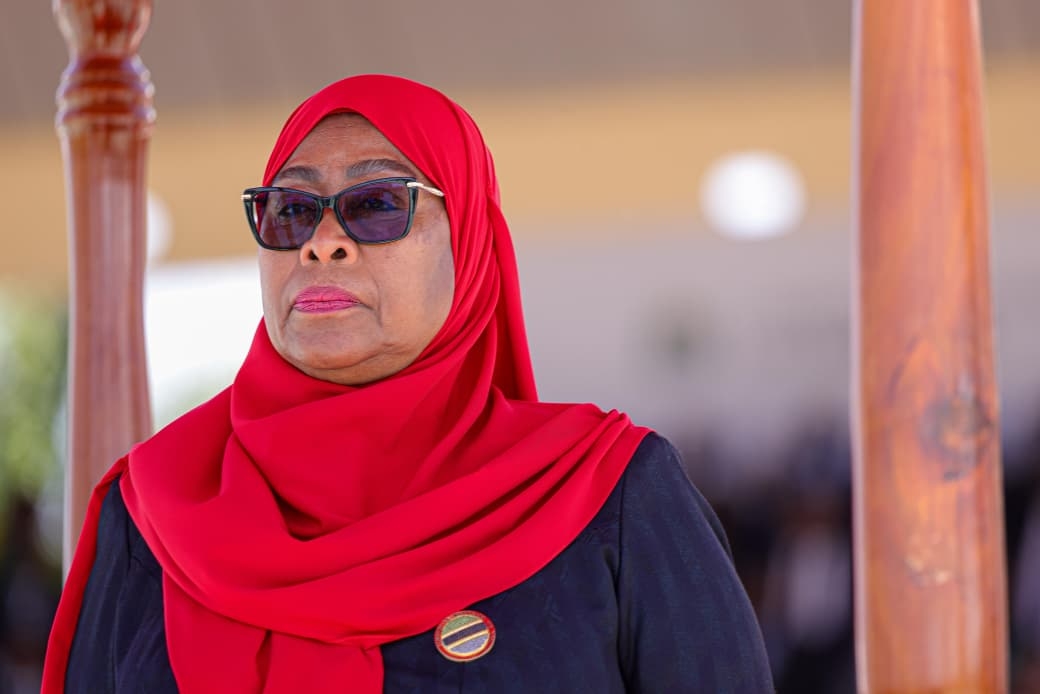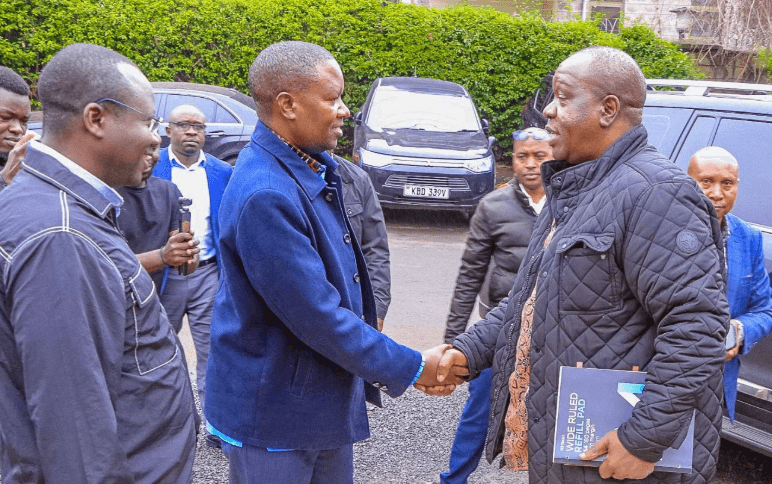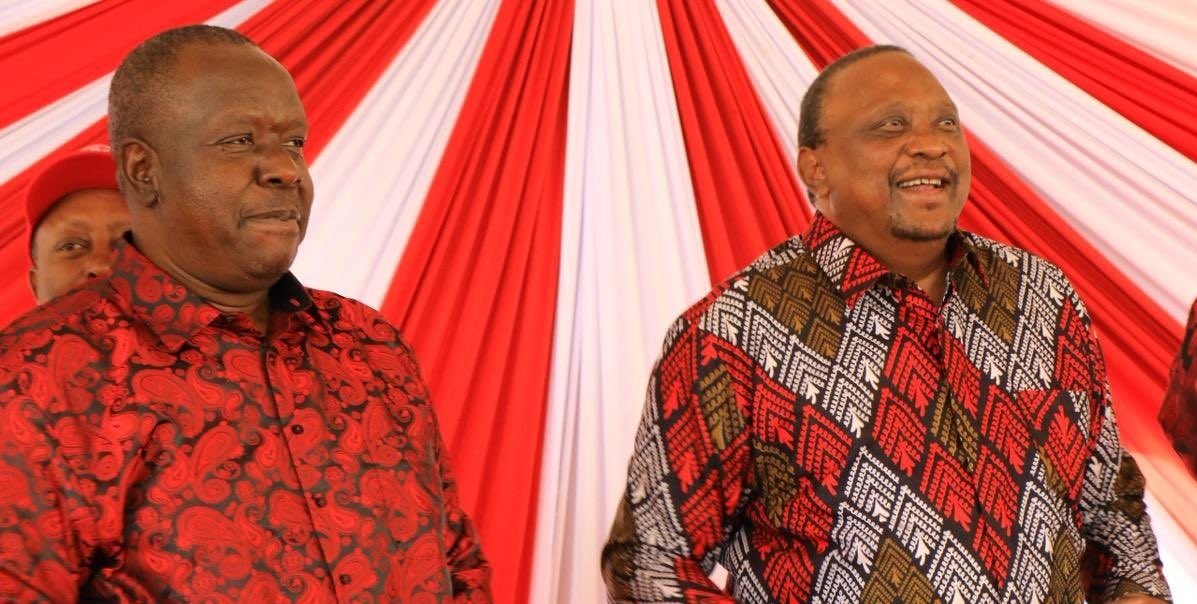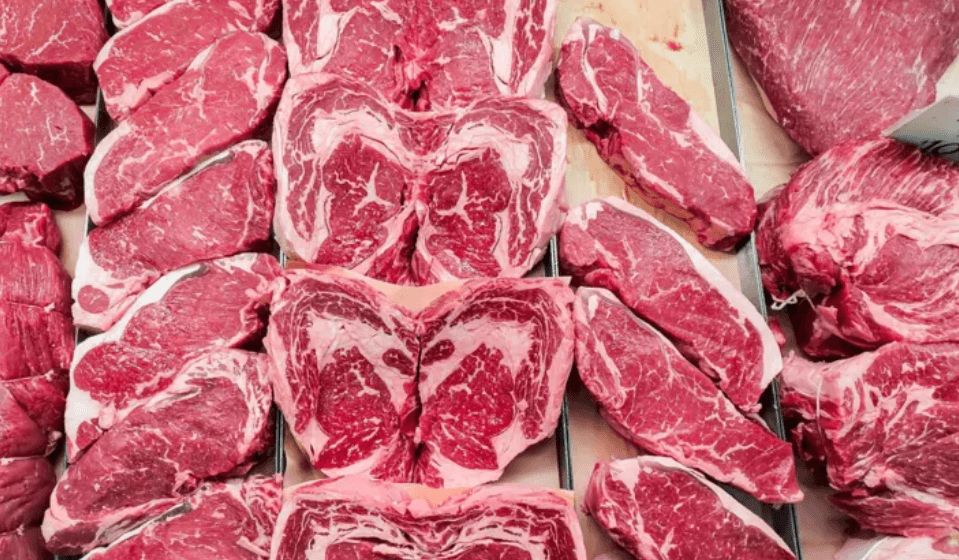
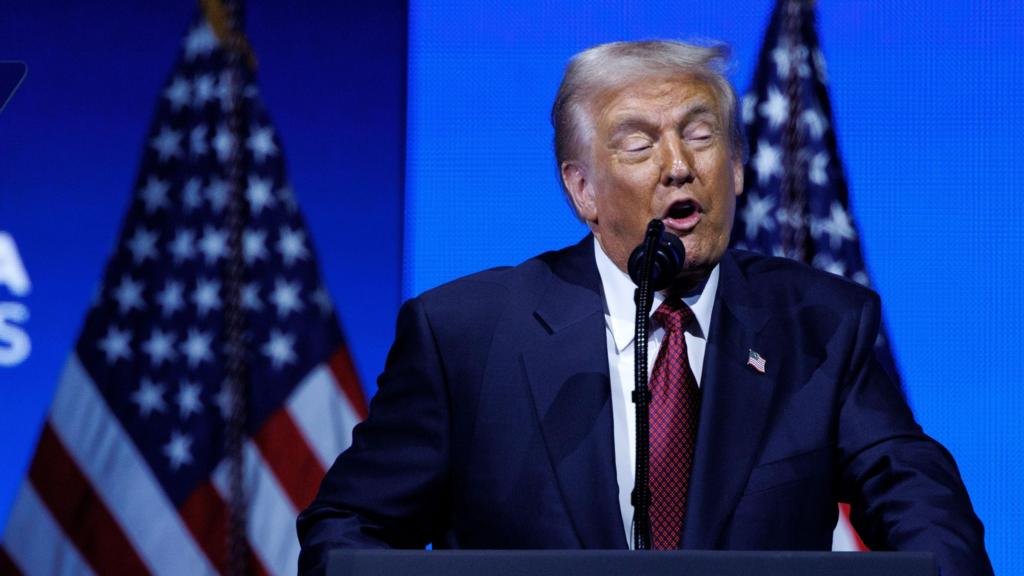
Donald Trump has exempted Hungary from sanctions over its continued purchases of Russian oil and gas for one year, a White House official has confirmed to BBC News.
Earlier, the US president said he would consider an opt-out for Hungarian Prime Minister Viktor Orban, a close Trump ally who has maintained good relations with Russia throughout the Ukraine war.
Speaking on Friday during Orban's visit to the White House, Trump said an exemption was under consideration because "it's very difficult for him [Orban] to get the oil and gas from other areas".
It comes after the US effectively blacklisted two of Russia's largest oil companies last month, threatening sanctions on those who buy from them.
Following the meeting, Hungarian Foreign Minister Péter Szijjártó wrote on X that the US had given Budapest "a full and unlimited exemption from sanctions on oil and gas".
An official later told the BBC that that exemption was time-limited to one year.
This decision by Trump marks a major victory for Orban, who had said the sanctions would ruin his country's economy.
During the public part of the meeting, Trump sounded sympathetic to Hungary's position as a landlocked country, dependent on oil and gas from Russia, but stopped short of giving a specific guarantee.
But subsequently it became clear that the US president had granted an exemption for one year - seemingly flying in the face of his determination just two weeks ago to penalise anyone who did business with Russia's energy companies.
Hungary has agreed to buy several hundred millions of dollars of US natural gas as part of the arrangement, but it is a deal likely to go down badly in many European capitals, most of whom have long opposed Hungary's friendly stance towards Moscow.
Orban has long been a close personal and political ally of the president, echoing much of Donald Trump's populist right wing rhetoric over immigration and social issues. That loyalty seems to have earned the Hungarian prime minister some special treatment at a time when he is facing difficult elections in the spring.
Trump added that while Hungary faced unique logistical challenges, including access to a sea that could be used to drill oil, he was "very disturbed" by other European countries that, he said, continued to buy Russian commodities despite not being landlocked.
Orban, who has long resisted EU efforts to pressure Moscow over Ukraine, has defended his energy ties with Russia, saying on Friday that pipelines are neither "ideological" nor "political", but a "physical reality" due to the lack of ports.
He has been using his country's heavy dependence on Russian oil and gas as a means to maintain his good relations with Moscow, as well as a platform upon which he hopes to win re-election next April in Hungary. He has promised "cheap Russian energy" to voters.
Trump and Orban also discussed the war in Ukraine on Friday - their first formal meeting since Trump returned to power - including the possibility of holding talks with Putin.
"He [Orban] understands Putin and knows him very well... I think that Viktor feels we're going to get that war ended in the not-too-distant future", Trump said.
The Hungarian leader, meanwhile, claimed that only their two nations truly wanted peace in Ukraine.
"All the other governments prefer to continue the war because many of them think that Ukraine can win on the front line, which is a misunderstanding of the situation."
Trump asked him: "So you would say that Ukraine cannot win that war?" To which Orban replied: "You know, a miracle can happen."
Aside from the issue of oil and gas sanctions, Hungary's export-driven car industry has been hit by Trump's tariffs on European goods, adding to an already weak economy.
Despite frequent clashes with EU leaders over migration, democracy, and the rule of law, Trump urged Europe to "respect this leader very, very strongly because he's been right on immigration."
With additional reporting by Nick Thorpe



